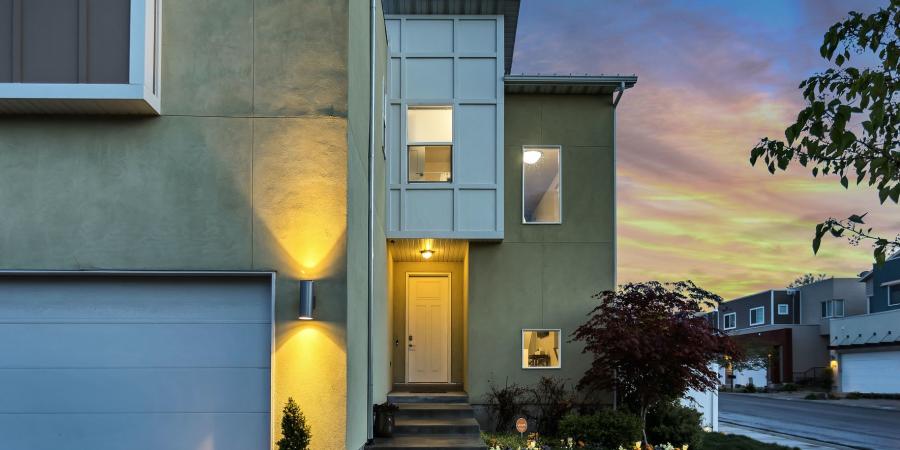9 Steps to Take Before Buying Your First Home

Are you planning the purchase of your first home? Buying a house is a major decision because the house will soon become one of your main financial assets. Plus, you’ll be making mortgage payments for at least ten years.
However, there are many consideration, including financial factors, legal considerations etc. that you should think about before buying your first home. Take these steps before you buy:
1. Ask yourself if you’re financially stable.
Have you had your job for at least five years? Do you have a reliable income?
2. Are you ready to make monthly mortgage payments for at least ten years?
Are there any other major expenses in the near future that would make keeping up with your mortgage payments difficult?
3. Do you plan to stay in this house for at least five years?
The first five years of mortgage payments usually only cover fees and interest. Are you ready to settle down in one spot?
4. Raise your credit score
You can qualify for a mortgage with a credit score of 580, but you’ll have to spend more on fees, interest, and your down payment. You’ll get a much better deal if you wait until you have a credit score of 700 or above.
5. Look at your debt to income ratio
This is a good way to tell if you’re earning enough to afford a home. Ideally, the expenses linked to buying a home shouldn’t exceed a third of your income. Add up your mortgage payments, utilities, property taxes, and expected repairs.
6. Save money for your down payment
You can buy a home with a down payment of anywhere between 3% and 20% of the value of the home. The more you can afford to pay, the lower your mortgage payment will be. Look into getting an FHA loan to help with the down payment.
7. Plan for expenses for maintaining your home
You should count on spending at least 3% of the value of the home on maintenance each year. Create a saving fund to cover these costs.
8. Document your income and assets
Start gathering all the documents you’re going to need while you compare mortgage options.
9. Look for the right house for you
It’s best to wait until you can afford something better if you don’t find anything you like. Take the neighborhood and its development into consideration when buying a house, since these aspects will influence the future value of the house.
Conclusion:
Buying a house is a very important decision. Becoming a homeowner means that you’re taking a big step on the path of financial stability, and you’ll want to be prepared for this step. Your home will likely become your main asset as it appreciates in value and you build up further equity in it by paying down your mortgage.
Buying a home requires careful planning. Ask yourself how much you can afford to borrow, what kind of mortgage would be best, and what kind of home would be adapted to the unique needs of your family. Take the time to go over your income, boost your credit score, and make a list of what to look for in your ideal home before you start your search.
Previous Posts: